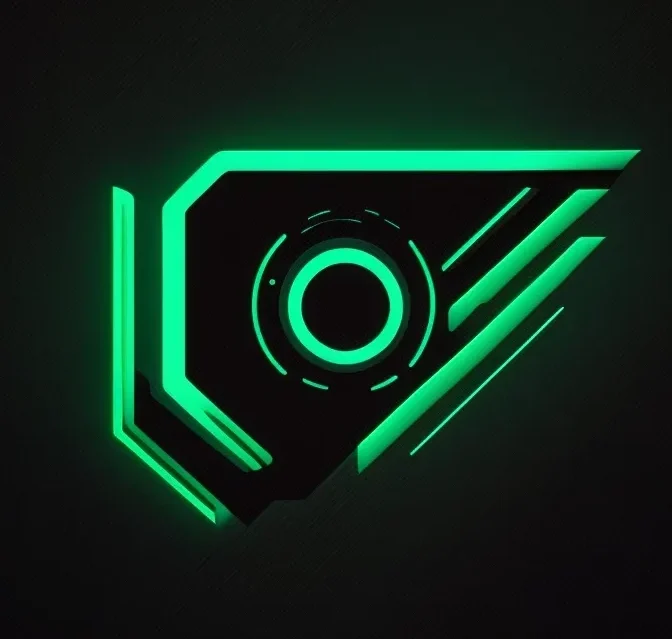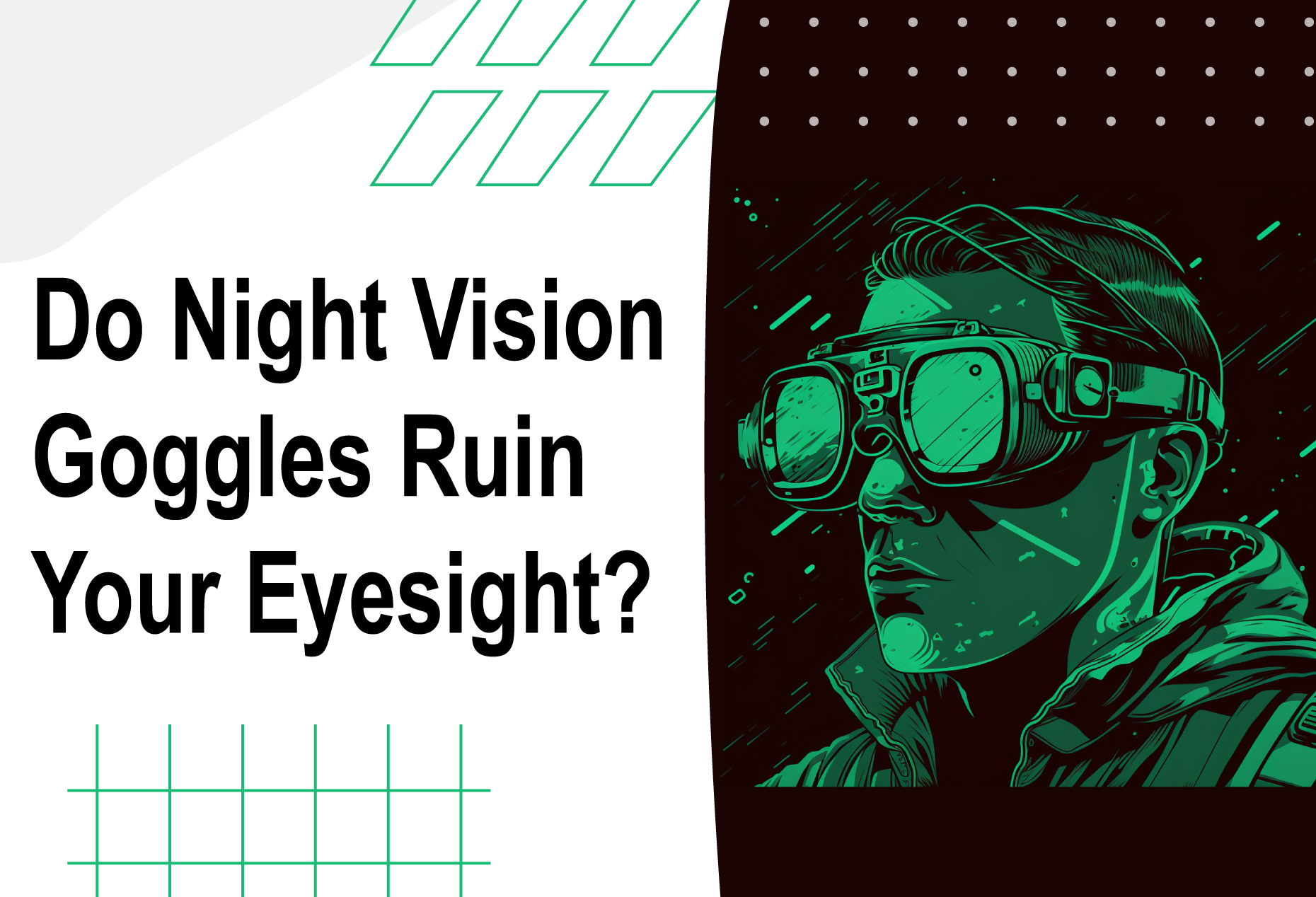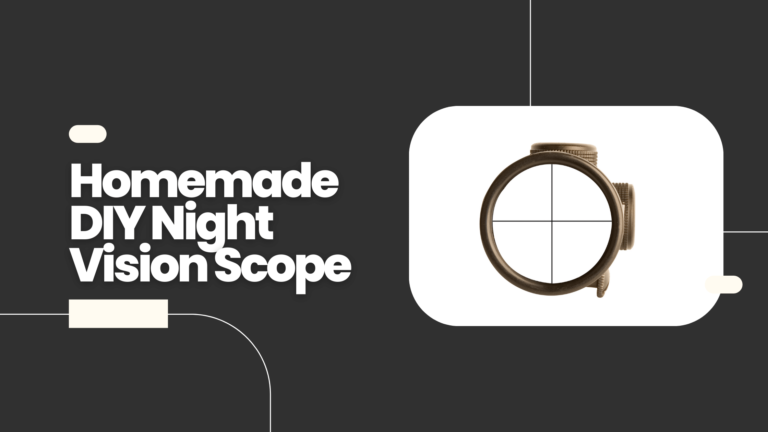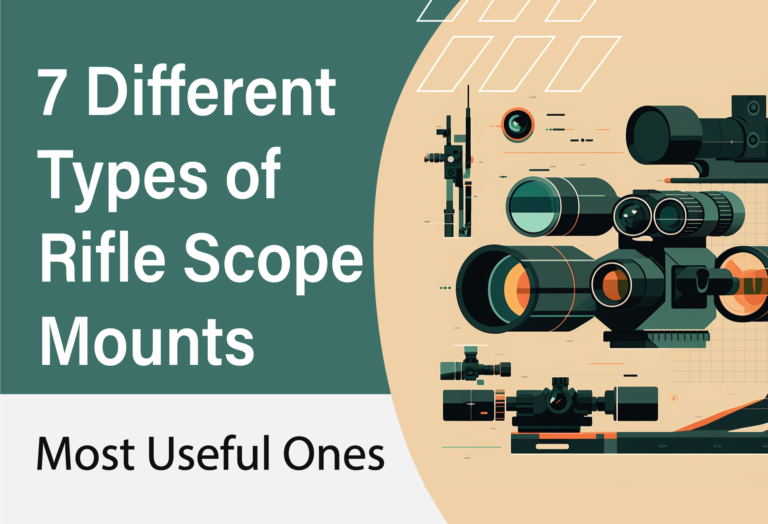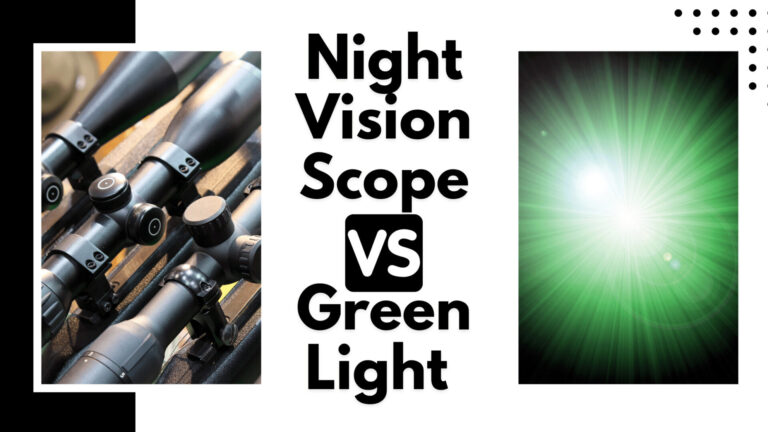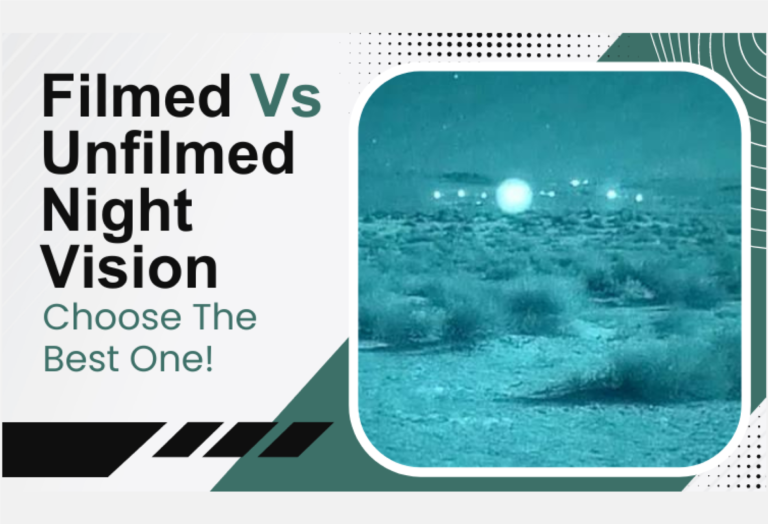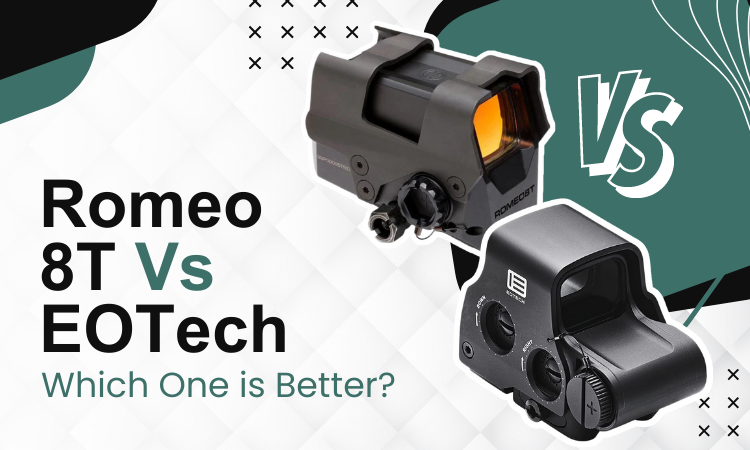Separating Fact from Fiction: Debunking the Myth of Night Vision Goggles Damaging Your Eyesight
Many people enjoy the convenience of night vision goggles to explore the world at night. They’re also great for hunting and watching movies, especially if you’re interested in space sci-fi and action films where darkness is a familiar theme.
But what are the dangers of using these special glasses? Do night vision goggles ruin your eyesight? When you’re trying to decide if your night vision goggles will ruin your eye, there are some things you should know about the different aspects of night vision goggles and how they affect your vision.
Further about night vision and these goggles affecting your eyes, read on:
What Do Night Vision Goggles Do To Your Eyes?
The eyes are sensitive to light and can see in low-light conditions. When you use night vision technology, the photons that hit your eyes are bounced back so that you can see in dark or low light conditions. This is because the human eye has many channels that allow different light wavelengths to be focused onto the back of your eyeball.
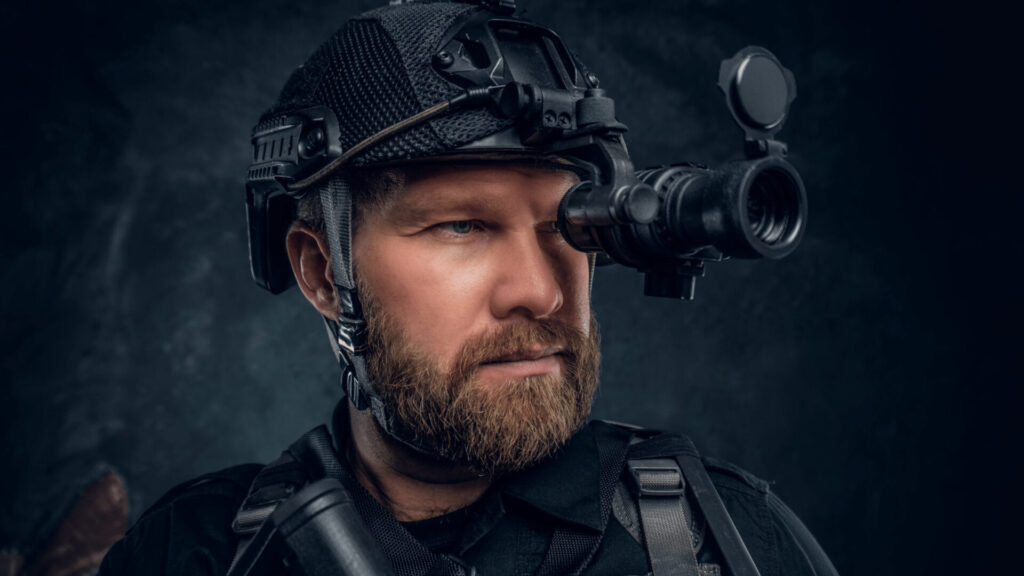
The only downside to night vision technology is that your eyes need more sleep than usual. The time you need to rest will depend on how long you’ve been using the technology and its level. If you’re using a high-level device, you may only need an hour of sleep, while if you’re starting, you’ll probably need six or more hours.
Do Night Vision Goggles Ruin Your Eyesight?
When you look at something in the darkness, your eyes create a picture of the objects by combining light from each pixel on your retina. This process is called photoreceptor opsonization.
We studied when night vision was first discovered; scientists found that animals like bats and some rodents can see better in the dark because they have a layer of tissue over their eyes that contains much more melanopsin than humans.
Melanopsin is what creates the dark image for night vision. It’s just a fancy name for photosensitive retinal ganglion cells or PGCs. PGCs are special cells in the eye responsible for sending signals to the optic nerve telling it how to create an image.
So what does it mean for you? If you want to see well in the dark, you need lots of melanopsin in your eyes! And not just any old kind either- melanopsin is specifically responsible for seeing in the dark.
So, if you’re trying to become a night vision expert, adding some extra melanopsin to your eyes might be your best bet!
Will Your Eyes Get Damaged from Using Night Vision Goggles?
There is a potential for your eyes to be damaged from using night vision goggles, but it’s very rare. Wearing the goggles for an extended time can result in dry eye, redness, and even optic nerve damage. The most common side effect of night vision use is decreased peripheral vision.
However, people who use night vision goggles often worry about the potential damage to their eyes. The U.S. military has used them for over 50 years without any reported eye injury cases.
Despite this, the good news is that night vision goggles don’t put pressure on your eyes as regular glasses do. The lenses are made from a special type of plastic that doesn’t distort light like normal lenses.
Plus, night vision goggles have a filter that blocks most light so you can see clearly in dark environments. So even if you get some light exposure to your eyes, it’s not going to be as intense as if you were looking at normal light.
Can Your Eyes Get Harmed While Using Night Vision Goggles?
Though night vision goggles are meant to provide a clear and accurate depiction of the surrounding environment, they can also cause eye damage if used incorrectly. In particular, using night vision equipment in bright light can lead to eyestrain and even temporary blindness.
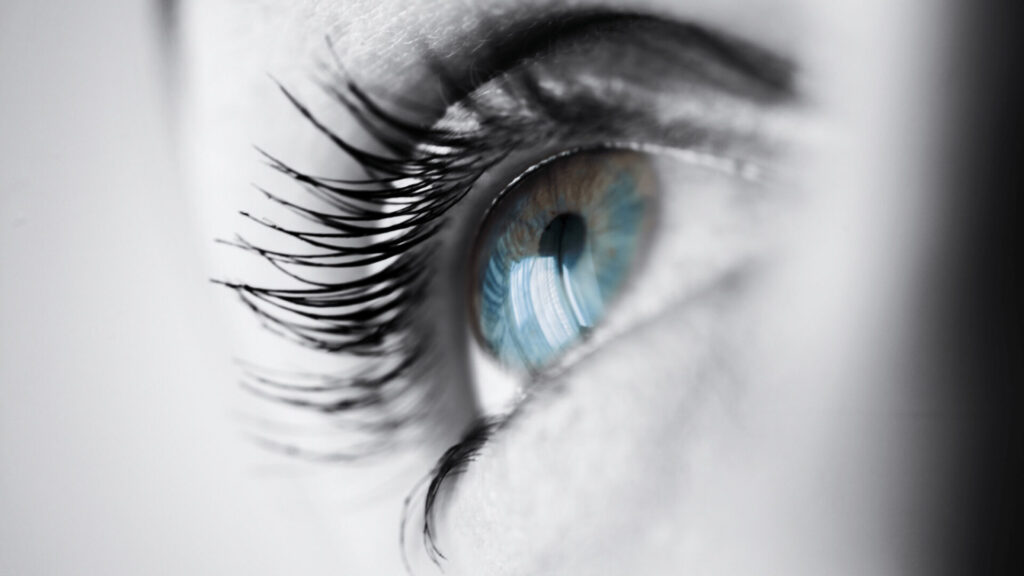
One potential hazard of night vision goggles is glare. When you’re looking through the device, the bright light can cause reflections in your eyes and make it difficult to see. This problem is especially pronounced in a brightly lit environment and can lead to accidents or injuries.
Always use night vision goggles in a well-lit area to avoid potential problems and limit exposure to bright light. Additionally, wear proper eye protection when using these devices, as even a small amount of impact can cause serious injury.
Also know about What Color Light Doesn’t Ruin Night Vision?
Can Night Vision Goggles Damage Your Eyes?
Night vision goggles are a valuable tool for safety and can be an essential part of law enforcement and military operations. However, like all optical devices, night vision goggles can negatively affect your eyes if used incorrectly or excessively.
The most common complaint about night vision goggles is that they cause eye fatigue and headaches. This is likely because night vision goggles use a lot of light to create a clear image. As a result, if you use them for prolonged periods, your eyes will become tired.
Because night vision goggles don’t provide any natural light, they can also cause eyestrain if you look at a bright screen for an extended period.
If you do experience any eye problems, we suggest after using night vision goggles, it’s important to consult with a doctor. While there are rare cases where night vision goggles can damage your eyes, it’s more likely that you’ll experience some mild discomfort.
Here are common FAQs about whether or not night vision goggles can ruin your eyesight:
Can using night vision goggles cause permanent damage to my eyes?
Using night vision goggles typically does not cause permanent damage to your eyes, as long as you use them according to the manufacturer’s instructions and don’t overuse them. However, if you experience any discomfort or vision problems while using night vision goggles, it’s important to stop using them and consult with a medical professional.
Do night vision goggles emit harmful radiation or light?
Most night vision goggles use infrared technology, which emits a low level of radiation that is generally considered safe for human use. However, some older models of night vision goggles may emit higher levels of radiation, so it’s important to check the specifications of your particular device to ensure that it’s safe to use.
Can prolonged use of night vision goggles lead to eye strain or fatigue?
Prolonged use of night vision goggles can lead to eye strain or fatigue, as the goggles require your eyes to adjust to the low-light conditions. To avoid eye strain or fatigue, it’s important to take regular breaks and adjust the brightness and focus of the goggles according to your needs.
Can children safely use night vision goggles?
Children can safely use night vision goggles, but it’s important to choose goggles that are designed for their age and size. Children should also be supervised when using night vision goggles to ensure that they use them safely and don’t overuse them.
Do night vision goggles have an age limit for use?
Night vision goggles don’t have a specific age limit for use, but it’s important to use them responsibly and to choose goggles that are appropriate for your age and size. Children should be supervised when using night vision goggles, and adults should follow the manufacturer’s instructions and use the goggles responsibly.
How long can I use night vision goggles at a time?
The length of time you can use night vision goggles at a time depends on the specific model of goggles you’re using and the conditions in which you’re using them. It’s important to follow the manufacturer’s instructions and to take regular breaks to avoid eye strain or fatigue.
Do I need to wear protective eyewear while using night vision goggles?
You don’t typically need to wear protective eyewear while using night vision goggles, as long as you use them according to the manufacturer’s instructions and in safe conditions. However, if you’re using the goggles in a hazardous environment, it’s important to wear appropriate protective gear to avoid injury.
Can night vision goggles worsen my pre-existing eye conditions?
Night vision goggles generally don’t worsen pre-existing eye conditions, but it’s important to consult with a medical professional if you have any concerns or questions about using night vision goggles with your specific condition.
Can using night vision goggles affect my depth perception or peripheral vision?
Using night vision goggles can affect your depth perception and peripheral vision, as the goggles require your eyes to adjust to low-light conditions. It’s important to take regular breaks and to adjust the brightness and focus of the goggles to avoid any vision problems.
Are there any long-term effects of using night vision goggles on my eyesight?
There are typically no long-term effects of using night vision goggles on your eyesight as long as you use them responsibly and don’t overuse them. However, if you experience any discomfort or vision problems while using night vision goggles, it’s important to stop using them and consult with a medical professional.
Conclusion
As we all know, night vision goggles are incredibly useful devices for exploring the dark. However, like any other technology, they can have their downsides. Some people experience permanent damage to their eyesight after using night vision goggles for prolonged times, although this is by no means a common occurrence.
It’s important to consult with a medical professional or an expert in night vision technology if you have any concerns or questions about the effects of night vision goggles on your eyesight.
I hope you have cleared everything about night vision goggles ruining your eyesight.
